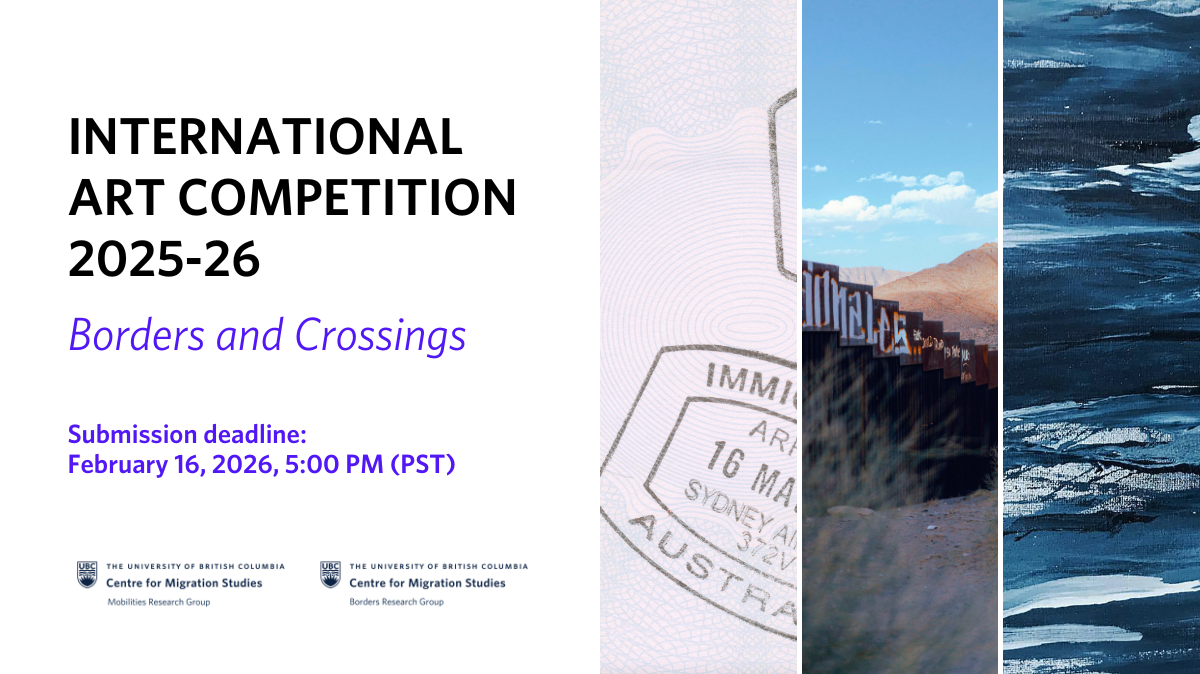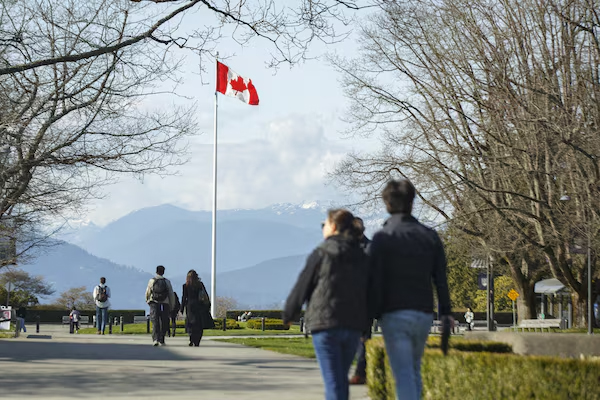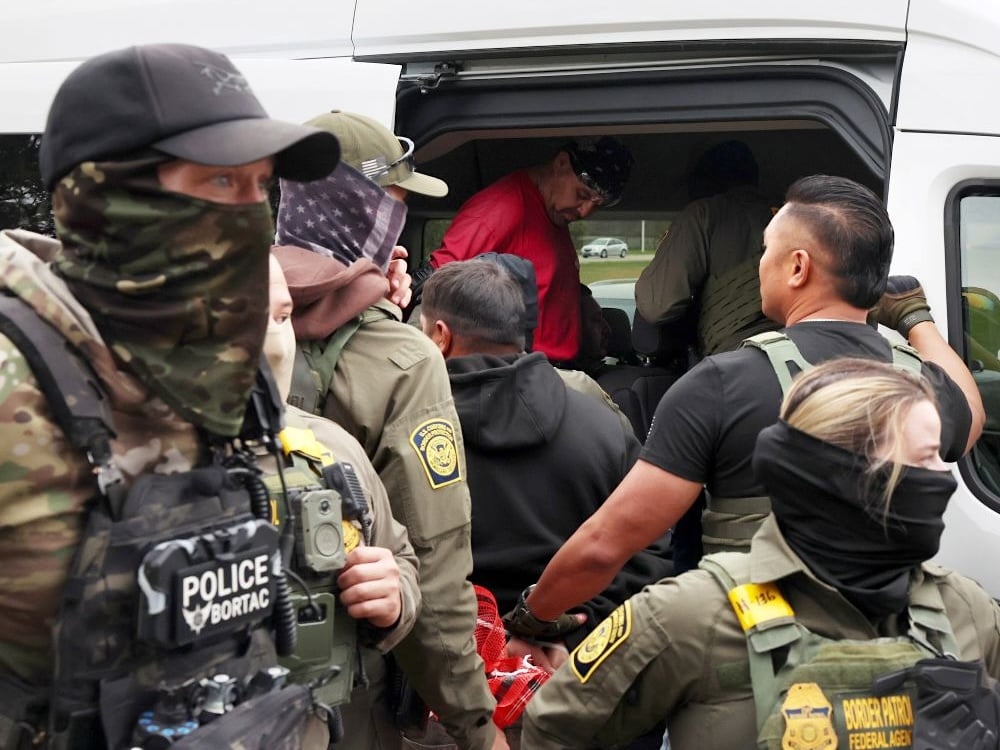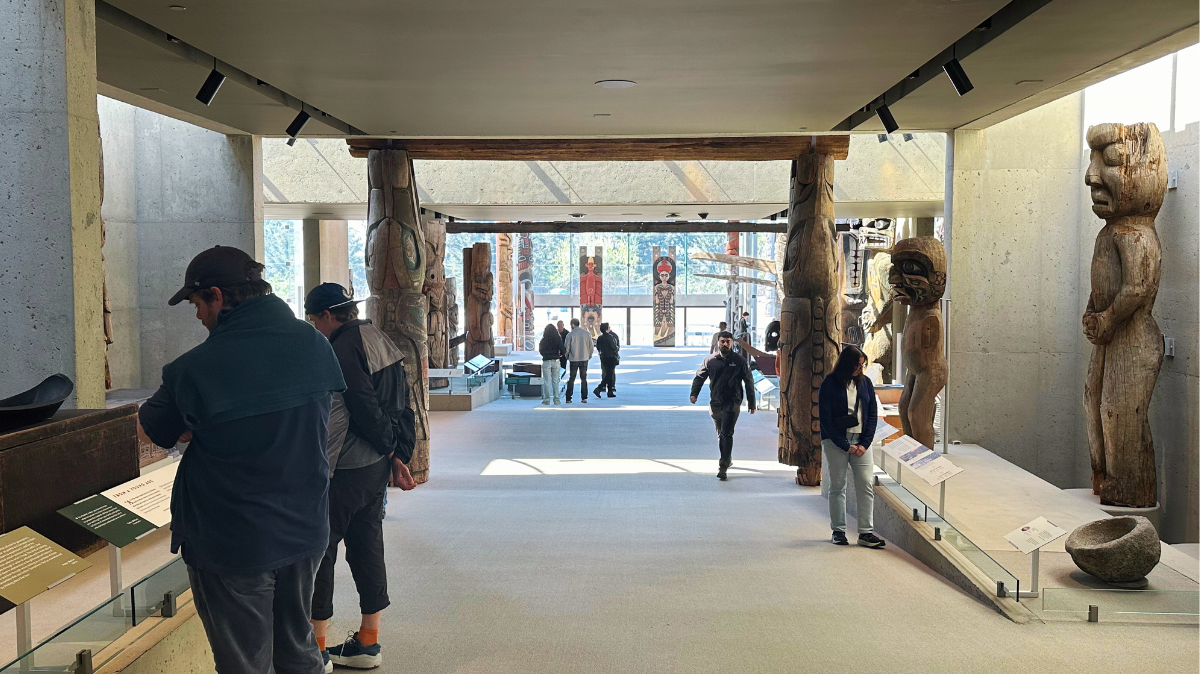

On April 16, students, faculty, and CMS staff joined a cultural interpreter tour at the Museum of Anthropology (MOA) as part of a visit organized by the Migration & Indigeneity research group.
The tour was led by Brooke Viveiros (Gitxsan/Haisla First Nations), a member of MOA’s Cultural Interpreters Program, offering participants a powerful experience of learning about Indigenous belongings through Indigenous perspectives.
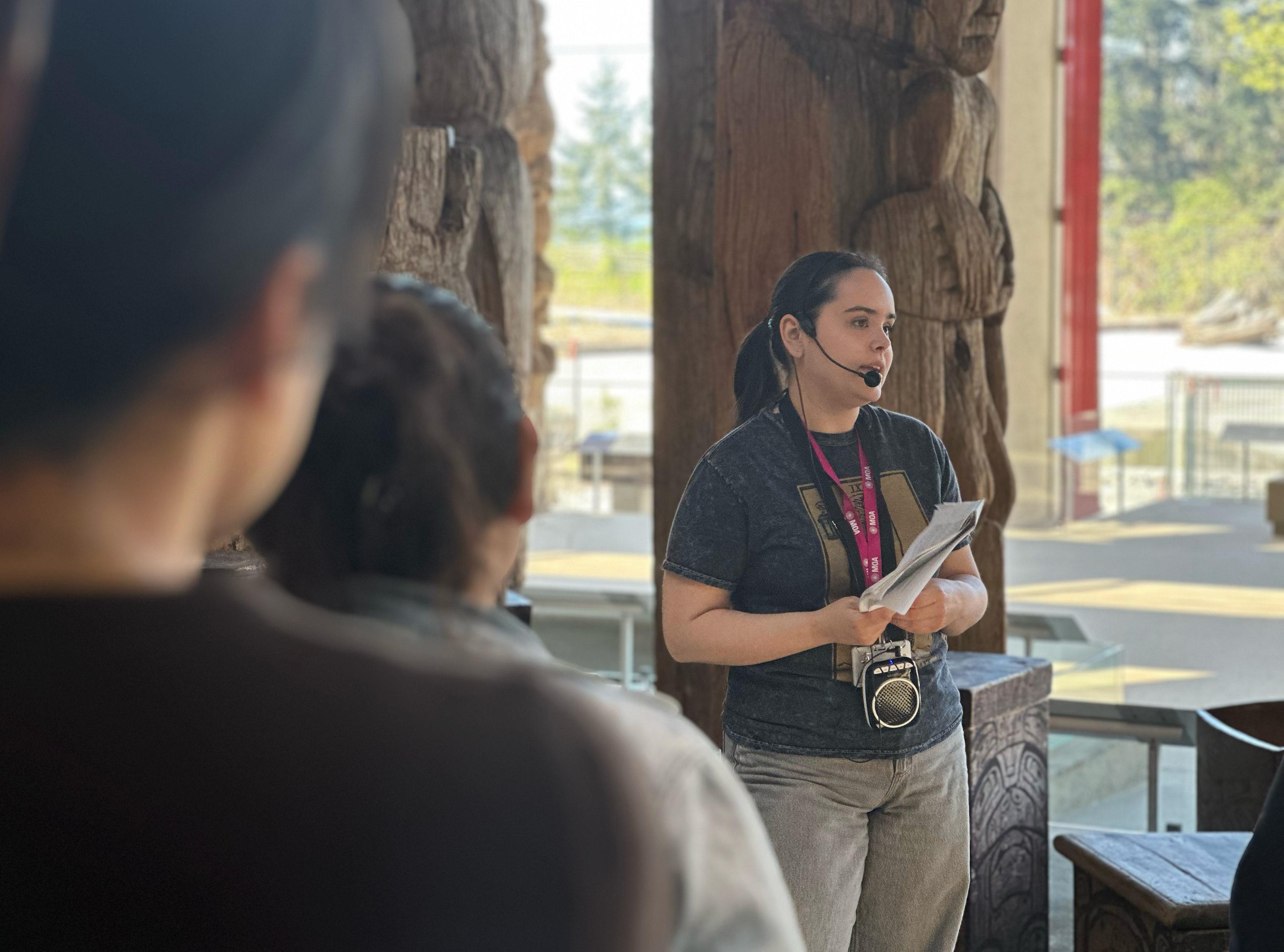

Brooke Viveiros (Gitxsan/Haisla), our cultural interpreter.
The tour highlighted the cultural, legal, and historical significance of various Indigenous belongings, from house posts and totem poles to bentwood containers and contemporary artwork. Through these pieces, participants came to understand how objects often labelled as “artefacts” in museums are, in fact, “belongings,” as they are still deeply connected to communities today. The visit emphasized the importance of interpreting these belongings through Indigenous knowledge systems—for instance, understanding totem poles not just as art, but as legal records, cultural histories, and symbols of Indigenous sovereignty.


More than a gallery walk, the visit offered participants a chance to reflect on the complex relationships between Indigenous peoples and museums. It highlighted the ways in which museums and universities, often backed by colonial governments, historically sought to salvage Indigenous heritage. Today, however, First Nations are reclaiming control over their cultural narratives, and some institutions are beginning the work of repatriating and rematriating stolen belongings. By centering Indigenous voices and lived experiences, this tour offered a crucial opportunity to engage with the MOA collection, recognizing past harms while highlighting the vibrant nature of contemporary Indigenous cultures.
About the Migration & Indigeneity Research Group
The Migration & Indigeneity research group is an interdisciplinary group of migration scholars and students conducting research about transnational migration and exploring the intersection of migration and Indigeneity. This group has also been focusing on developing better relationships with local Indigenous communities, lands, and water to become better educators and researchers as settlers on Indigenous lands. It is coordinated by Ayaka Yoshimizu.
